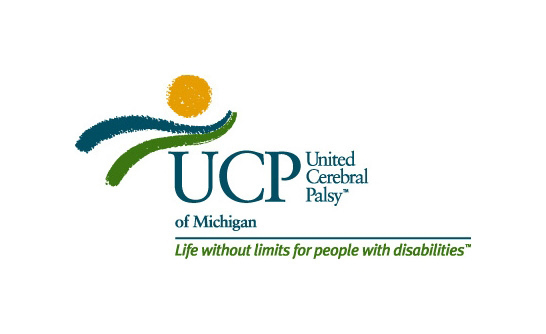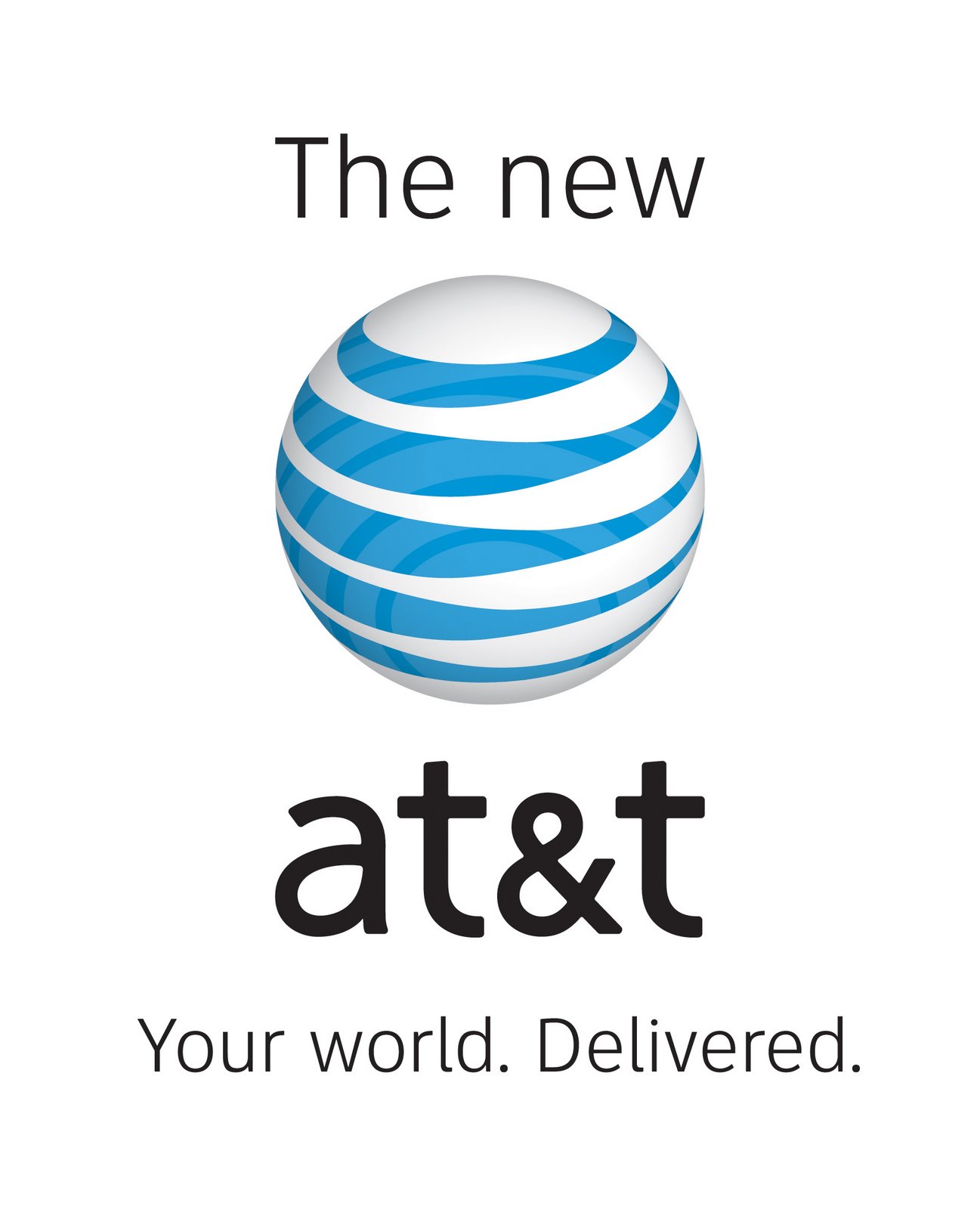The Center for Digital Storytelling offers the following:
- The three-day Educator Workshopis designed specifically for K-12 classroom teachers. Participants create shorter, first-person digital stories through the process outlined above and also have an opportunity to discuss useful tools and practical applications for introducing the methodology into a classroom setting.
- The University of Colorado at Denver (CU), in conjunction with the Center, is offering a Digital Storytelling Certificate Program-- a series of three CU-transcripted, graduate-level courses in which participants develop the skills necessary to produce digital stories as well as facilitate their use across a wide range of educational and work settings. The Certificate Program consists of our three-day Standard or Educator workshop, a ten-week online course, a five-day Facilitator Intensive Training workshop, and a one-credit, self-paced implementation course. (I've done the 3 day and 5 day training so far, not sure I want the certificate but the online course might be interesting if I can find the $$!)
There are so many links and pages! Just do a Google Search! "Digital Storytelling in the classroom". Or "Digital Storytelling Education".


